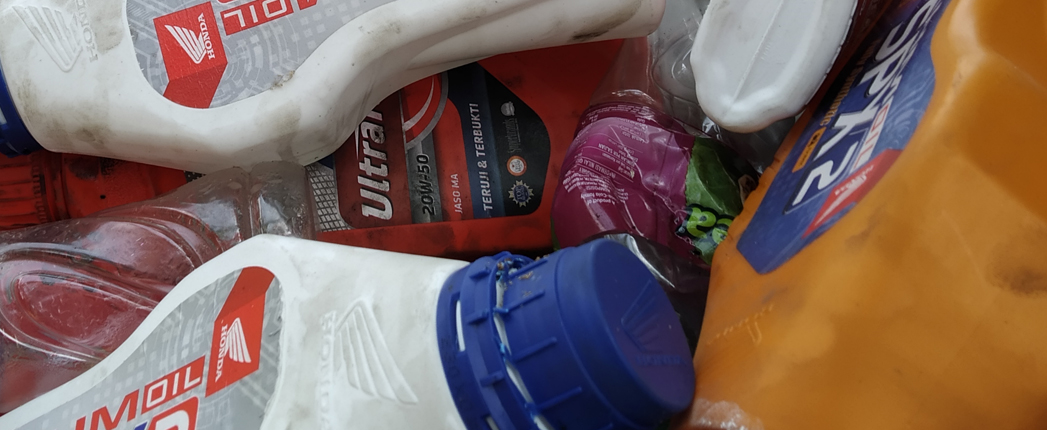
Singapore’s government has approved rules that will require businesses, including lubricant blenders and importers to reduce the amount of packaging they use and recycle what they continue to use.
First, companies will be required to file a report disclosing the amount of packaging imported and used in 2021. Then, by March 31, 2022, they must submit a plan – called a 3R plan – on how to reduce, reuse and recycle packaging.
“The mandatory packaging reporting requirements will apply to companies with an annual turnover of more than Singapore $10 million [in 2020],” the National Environment Agency, which is charged with enforcing the rules, stated in a news release.
“Castrol is planning to report in line with the mandatory requirements of the National Environment Agency in Singapore for the packaging of our products,” Chris Jenkins, procurement manager for global lubricants packaging of Castrol told Lube Report. “This is a process we are familiar with, as this is a requirement in a number of markets we operate in around the world.
“However, there are a few points we will seek clarification for with the NEA, for example, whether exported products are included. Over the past couple of years, Castrol has reinvented its retail packaging solutions to use less plastic while retaining strength and performance. This will be seen on retailers’ shelves in Singapore from 2021.”
A lubricant blender in Singapore told Lube Report that it will study the regulations and said, “Such environmental-related efforts will increase in Asia in the future, and the company will continue to look into sustainable product development regardless of the presence or absence of such rules.”
The 3R plans that companies are required to submit will include details of key initiatives, key performance indicators and targets. Companies will be required to report on their progress in subsequent years. Examples of 3R plans for packaging include packaging reduction, collection for reuse or recycling, improvements in recyclability of packaging and others.
The mandate applies to packaging of all products except machinery and equipment, appliances or other devices used for industrial or manufacturing activities. The requirements were originally slated to take effect next year but were postponed to 2022 due to the COVID-19 pandemic.
In the future Singapore intends to transition to an Extended Producer Responsibility scheme, a policy approach where producers are given the responsibility for the treatment or disposal of post-consumer products. EPR schemes exist in countries such as Sweden, Germany, Japan, Taiwan and South Korea.
According to the NEA, in 2018, packaging waste accounted for 33% of Singapore’s total waste of 1.6 million tons. Of that packaging waste, 55% was plastic and 25% was paper.